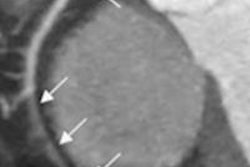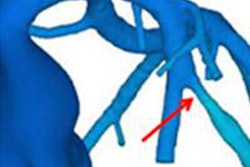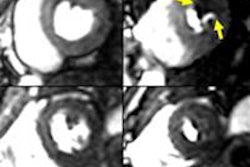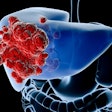"More accurate plaque characterization resulting, for example, in improved detection of vulnerable plaque would further enhance the role of CT in patient risk stratification and highlight another advantage of iterative over conventional reconstruction algorithms, justifying their broader use," Dr. Stefan Puchner told AuntMinnie.com.
The group wanted to find out if iterative reconstruction algorithms would also affect the accuracy of plaque characterization by CT when compared with the gold standard of histology. In the study, the researchers looked at filtered back projection (FBP), adaptive statistical iterative reconstruction (ASIR, GE Healthcare), and model-based iterative reconstruction (MBIR, GE) coregistered with histological cross-sections.
ASIR was substantially more accurate than FBP for detecting lipid-core plaque, but it was a little less accurate than MBIR, Puchner and colleagues concluded.



















